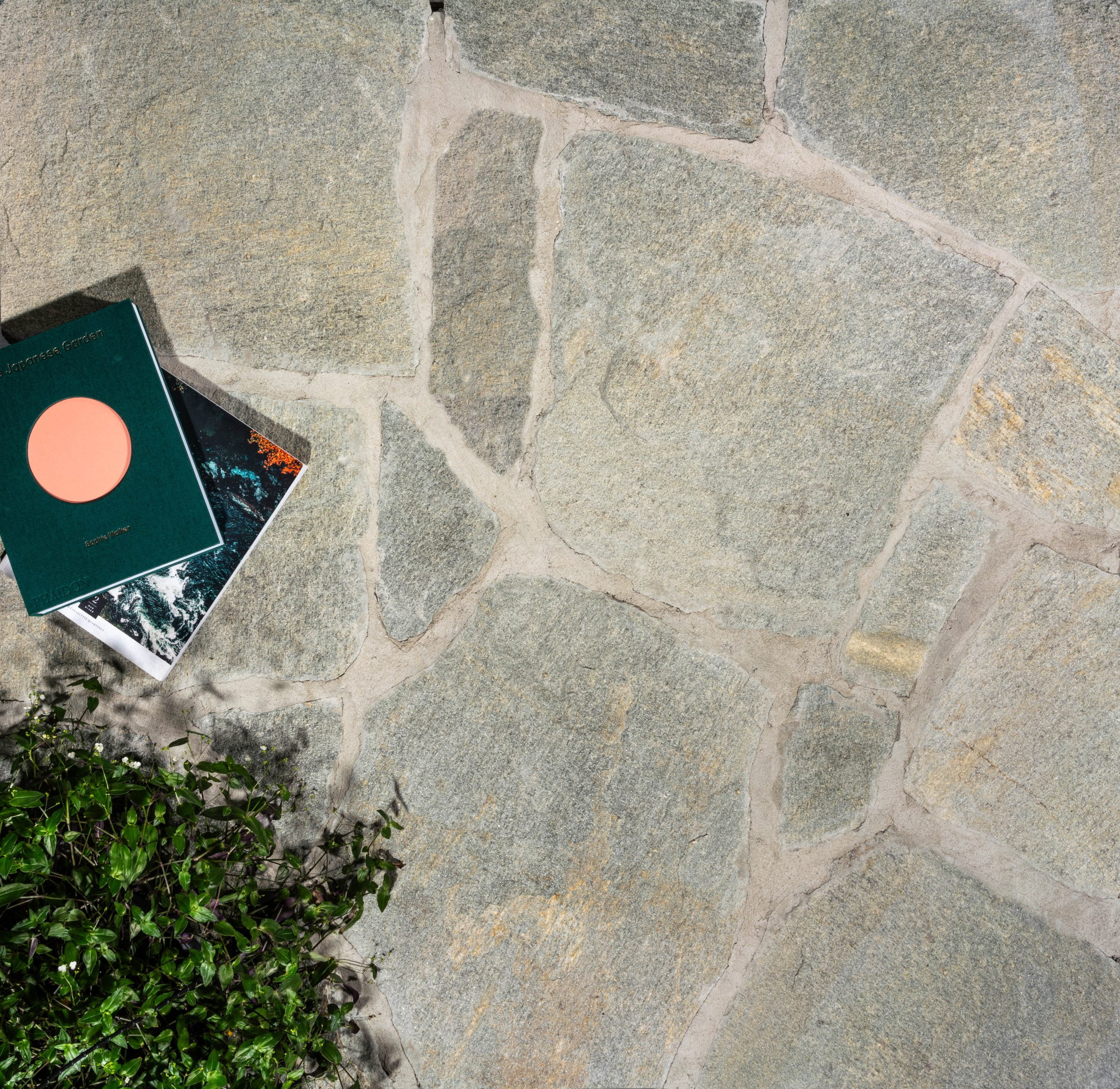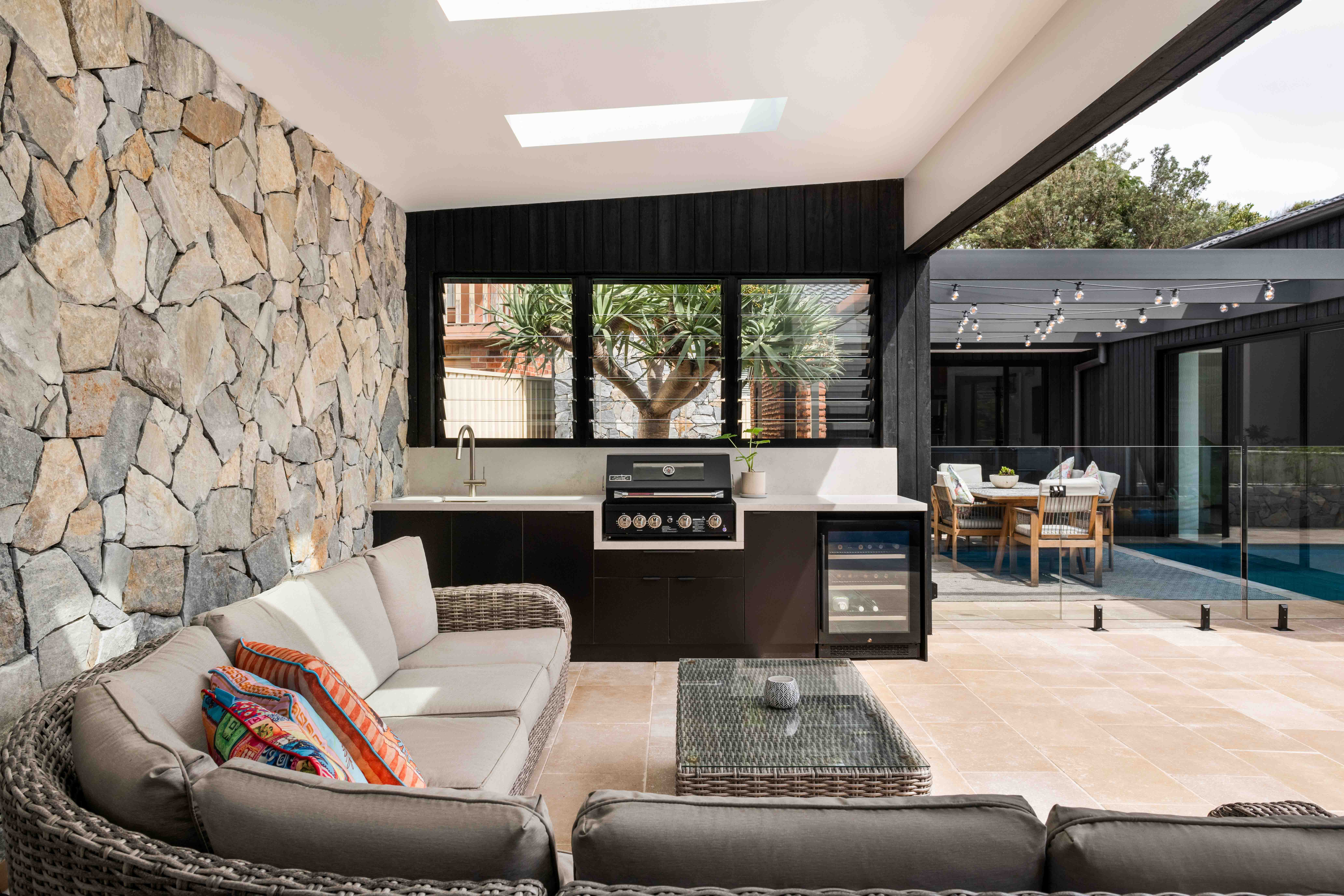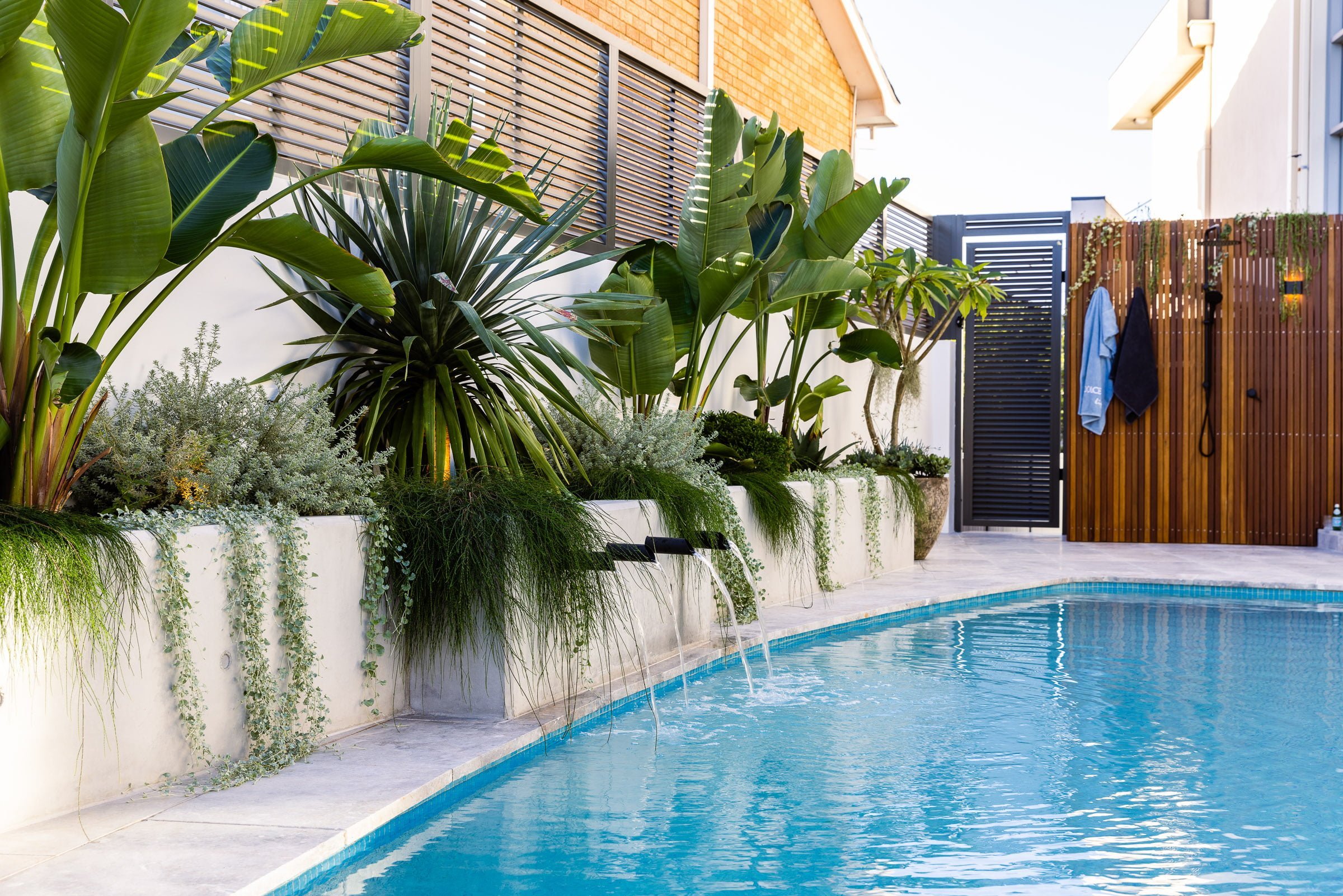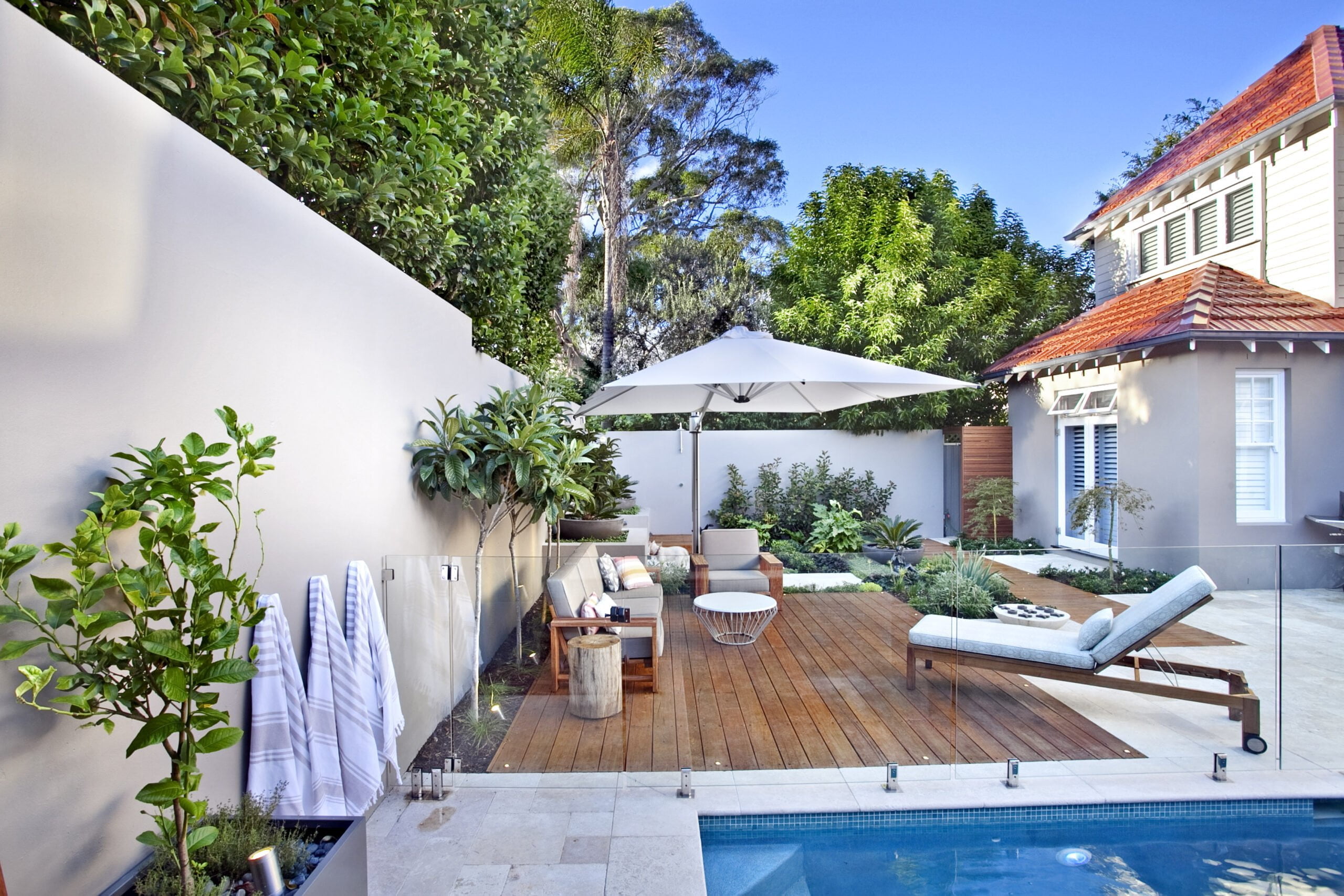Types of Natural Stone Pavers: A Comprehensive Guide for Homeowners
Types of Natural Stone Pavers: A Comprehensive Guide for Homeowners
Are you looking to elevate your outdoor space with timeless beauty and durability? Natural stone pavers in Sydney might be the perfect solution. From classic limestone to rugged granite, these versatile materials can transform any patio, walkway, or driveway into a stunning landscape feature. Let’s explore the world of natural stone pavers and help you find the ideal option for your home.
Understanding Natural Stone Pavers
Natural stone pavers are slabs of rock cut from quarries and shaped into uniform sizes for outdoor use. These geological marvels have been used in construction and landscaping for thousands of years, prized for their:
- Unmatched durability
- Unique aesthetic appeal
- Low environmental impact
Unlike manufactured alternatives, each natural stone paver tells a story of the earth’s formation, bringing a piece of nature’s artistry to your doorstep.
Benefits of Natural Stone Pavers
Choosing natural stone for your outdoor projects offers numerous advantages:
- Longevity: With proper care, natural stone can last for generations.
- Versatility: Suitable for various applications, from pool decks to garden paths.
- Value: Increases property value with its timeless appeal.
- Eco-friendly: Minimal processing is required, reducing the carbon footprint.
Types of Natural Stone Pavers
Let’s dive into the most popular types of natural stone pavers, each with unique characteristics and charm.
Limestone Pavers
Limestone pavers exude elegance with their soft, earthy tones. Formed from sedimentary rock, these pavers offer a classic look that suits traditional and contemporary designs.
Pros:
- Wide range of neutral colours
- Excellent heat reflection
- Comfortable underfoot
Cons:
- Relatively soft and porous
- Requires regular sealing
Ideal for: Patios, pool surrounds, and low-traffic walkways
Sandstone Pavers
Sandstone brings warmth and character to any outdoor space. Its natural variations in colour and texture create a rustic, inviting atmosphere.
Pros:
- Excellent slip resistance
- Natural colour variations
- Durable in various climates
Cons:
- It can be prone to flaking if not properly sealed
- May fade over time with sun exposure
Best for: Garden paths, courtyards, and outdoor living areas
Granite Pavers
Granite pavers are hard to beat in terms of strength and durability. With its speckled appearance, this igneous rock offers a sleek, modern look.
Pros:
- Extremely durable and long-lasting
- Resistant to staining and etching
- Low maintenance
Cons:
- It can be slippery when wet
- Higher cost compared to other options
Suitable for: High-traffic areas, driveways, and commercial spaces
Bluestone Pavers
Bluestone, a sandstone, is renowned for its striking blue-grey hues. It’s a popular choice for creating sophisticated outdoor spaces.
Pros:
- Unique colour palette
- Excellent durability
- Non-slip surface
Cons:
- Can be expensive
- It may fade to grey over time
Ideal for: Pool decks, patios, and statement walkways
Travertine Pavers
With its pitted surface and warm tones, travertine, a limestone formed by mineral springs, offers a luxurious Mediterranean feel.
Pros:
- Naturally cool underfoot
- The porous nature provides excellent drainage
- Available in a range of earthy colours
Cons:
- Can be sensitive to acidic substances
- Requires regular sealing to maintain appearance
Popular uses: Pool surrounds, outdoor kitchens, and elegant patios
Marble Pavers
For the ultimate in luxury, marble pavers bring a touch of opulence to any outdoor space. Their distinctive veining and polished finish create a truly upscale look.
Pros:
- Unparalleled beauty and elegance
- Increases property value significantly
- Available in a wide range of colours and patterns
Cons:
- It can be slippery when wet
- Requires careful maintenance
- Higher cost than other natural stones
Best applications: High-end patios, formal gardens, and grand entrances
Factors to Consider When Choosing Natural Stone Pavers
Selecting the right natural stone paver involves more than just aesthetics. Consider these crucial factors:
- Climate and Weather: Choose a stone that can withstand local weather conditions. Dense stones like granite are better suited for freeze-thaw cycles.
- Intended Use and Traffic: High-traffic areas require more durable stones, while softer options may be suitable for decorative purposes.
- Maintenance Requirements: Some stones need more upkeep than others. Consider your willingness to perform regular sealing and cleaning.
- Budget: Natural stone pavers vary widely in price. Balance your desired look with your budget constraints.
Installation and Maintenance Tips
Proper installation and maintenance are key to ensuring the longevity and beauty of your natural stone pavers.
Installation Basics:
- Prepare a solid, level base
- Use appropriate bedding sand
- Ensure proper drainage
- Consider professional installation for the best results
Maintenance Best Practices:
- Regular sweeping and rinsing
- Prompt cleaning of spills
- Periodic sealing is recommended for the stone-type
- Avoid harsh chemicals that can damage the stone
Design Ideas and Trends
Get creative with your natural stone paver installation:
- Mix and match different stone types for a unique look
- Experiment with various laying patterns (herringbone, basketweave, etc.)
- Incorporate contrasting border designs
- Use larger format pavers for a modern, sleek appearance
Environmental Impact and Sustainability
Natural stone pavers are an eco-friendly choice for your outdoor projects. Unlike manufactured materials, they:
- Require minimal processing
- Have a lower carbon footprint
- Are recyclable and can be repurposed
- Often sourced locally, reducing transportation emissions
Frequently Asked Questions
- What is the most durable type of natural stone paver? Granite is generally considered the most durable natural stone paver.
- Are natural stone pavers suitable for pool areas? Yes, many natural stones, such as travertine and bluestone, are excellent for pool surrounds due to their slip-resistant properties and ability to stay cool underfoot.
- How often should natural stone pavers be sealed? Sealing frequency depends on the stone type and usage. Generally, every 1-3 years is recommended, but some denser stones may require less frequent sealing.
- Can natural stone pavers be used for driveways? Yes, durable stones like granite and thick-cut bluestone are suitable for driveways.
- What’s the cost difference between natural stone and concrete pavers? Natural stone pavers are typically more expensive than concrete pavers, but they offer superior durability and aesthetic value.
- How do I clean algae off natural stone pavers? Use a mixture of water and mild detergent, scrub gently with a soft brush, and rinse thoroughly. Avoid using bleach or high-pressure washing, which can damage the stone.
- Are natural stone pavers slippery when wet? Some can be, but many natural stones have good slip resistance. Choosing a textured or honed finish can improve traction.
- Can I install natural stone pavers, or should I hire a professional? While DIY installation is possible, professional installation is recommended to ensure proper base preparation, levelling, and sealing for longevity.
Conclusion
Natural stone pavers offer a perfect blend of beauty, durability, and sustainability for outdoor spaces. Whether you prefer the elegance of marble, the strength of granite, or the warmth of sandstone, there’s a natural stone paver to suit your style and needs. Considering climate, usage, and maintenance requirements, you can choose the ideal paver type to create a stunning and long-lasting outdoor environment.
Ready to transform your outdoor space with beautiful natural stone pavers? Contact the experts at Cinajus today at cinajus.com.au for personalised advice and professional installation services. Let’s bring your vision to life!





